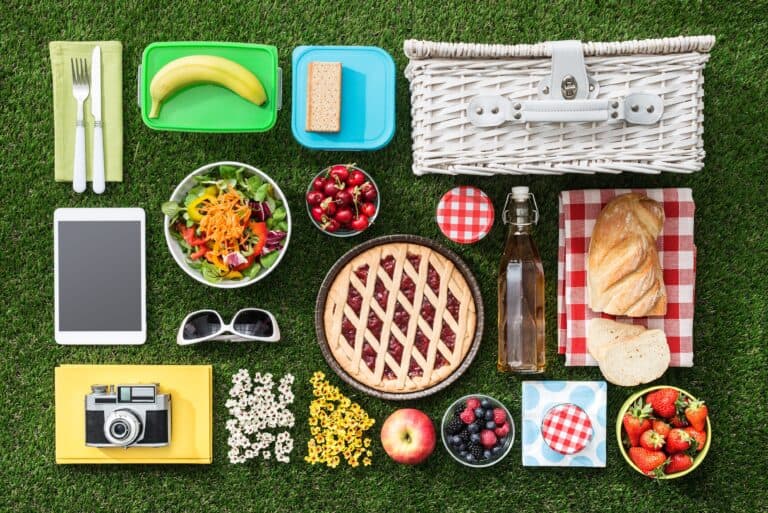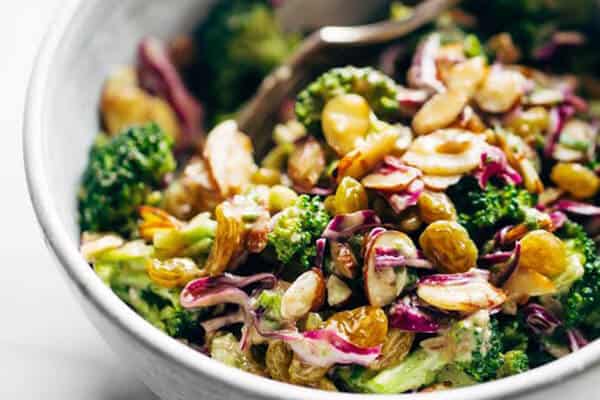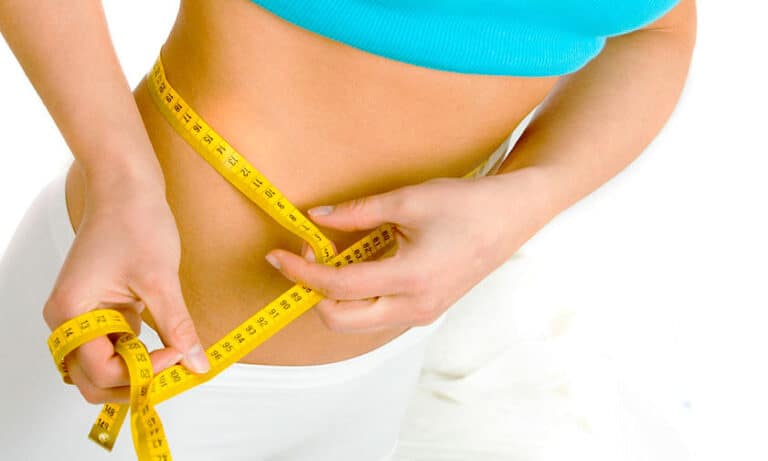BARIATRIC FULL LIQUID DIET
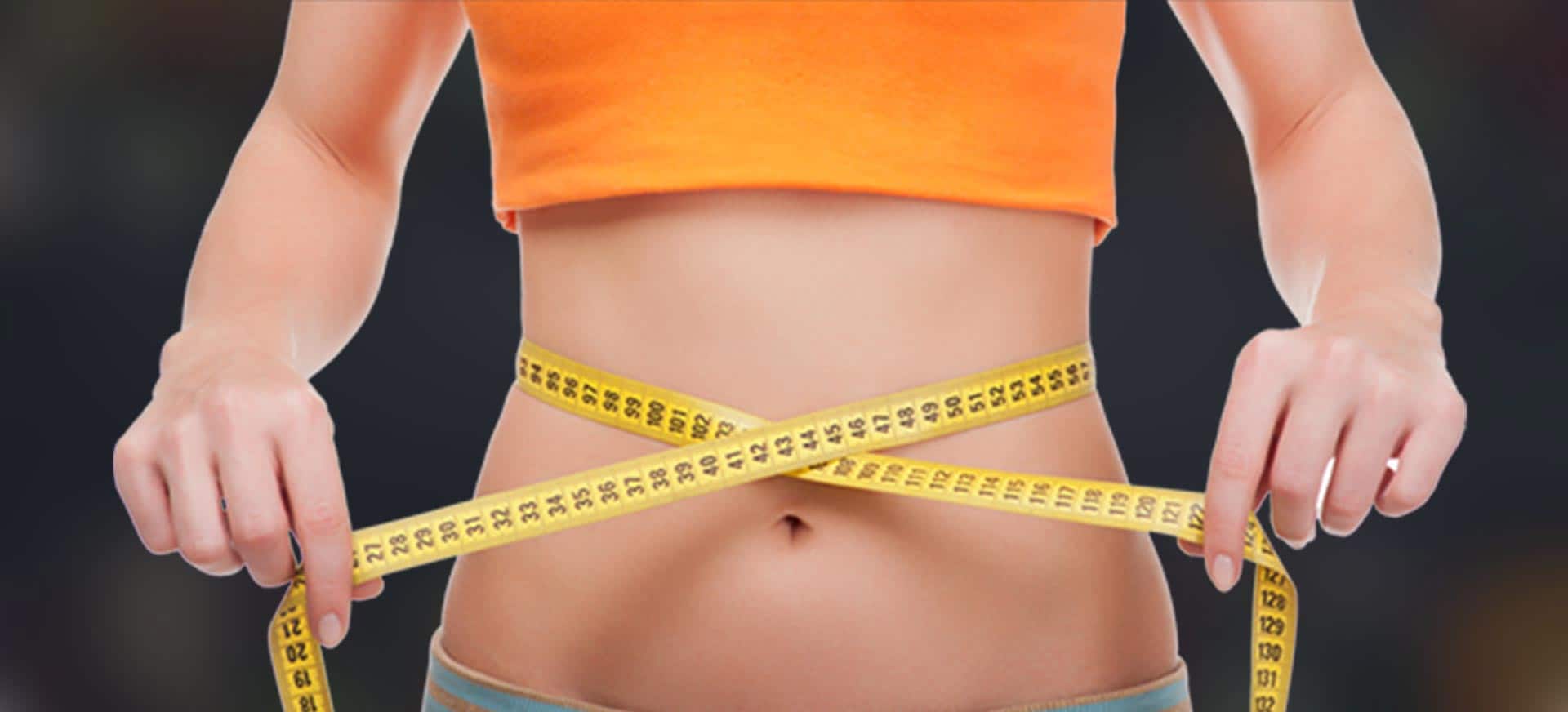
By undergoing bariatric surgery, you have just made a significant step. This will alter the remainder of your life and set you on the road to becoming healthier. Following weight loss surgery, you will need to make long-term modifications to your diet and drinking habits. A full liquid diet is one of the initial steps after bariatric surgery. This article is for you if you’re wondering what foods you can eat when following a strict liquid diet.
WHY MUST I GO ON A FULL LIQUID DIET AFTER BARIATRIC SURGERY?
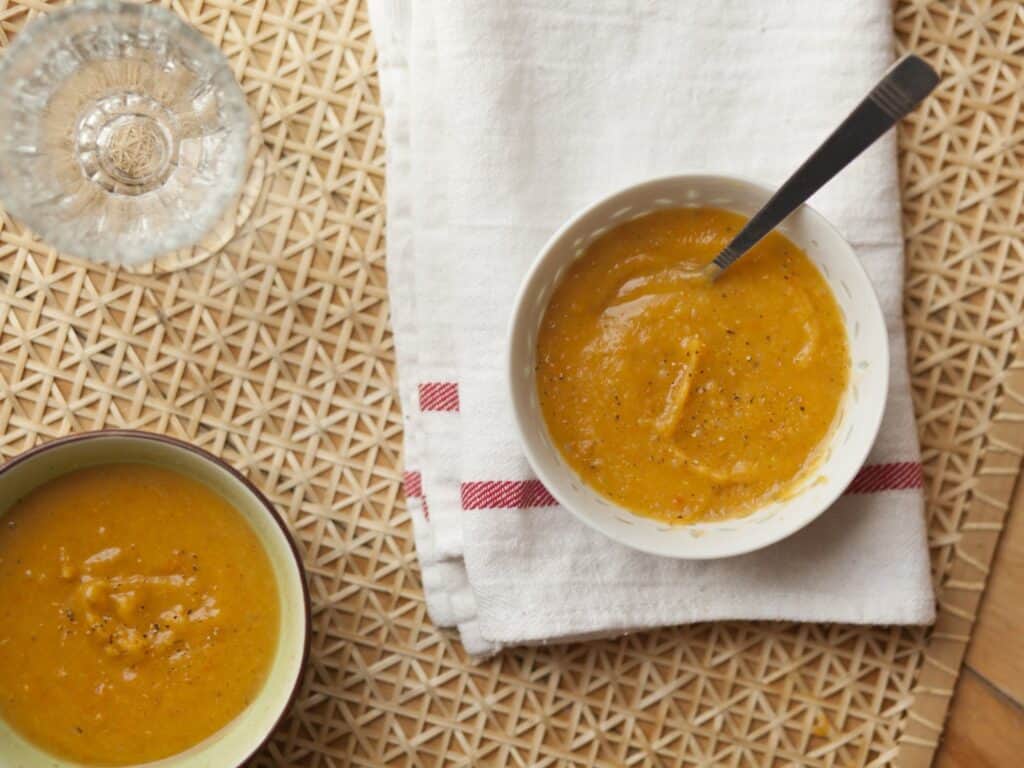
Changes are made to your digestive tract during bariatric procedures like gastric sleeve surgery or gastric bypass surgery. Both procedures permanently remove 70% to 80% of the stomach, leaving you with a small pouch that resembles a sleeve. This permanently reduces the size of your stomach. The digestive system and how the body breaks down and absorbs nutrients from meals are also altered by procedures like gastric bypass and duodenal switch.
The body requires time to recuperate after having these alterations to the stomach and digestive system, so it won’t be able to process food as effectively as it could have before the operation. Clear liquids are provided to patients while they are still in the hospital to prevent them from becoming dehydrated and to soothe their newly reconstructed stomachs. They will now begin the second stage of easing the digestive system back to action by adhering to a full liquid diet.
read more:40 high protein breakfast foods for weight loss
AFTER BARIATRIC SURGERY, HOW LONG DO YOU HAVE TO BE ON A LIQUID DIET?
Once you have finished the clear liquid diet portion of your post-surgery diet, you will need to adhere to a full liquid diet for approximately two weeks or the length of time determined by your surgeon.
WHAT ARE FULL LIQUIDS VS CLEAR LIQUIDS?
Full liquids are foods that you cannot see through in the form of liquid or turn to liquid at room temperature. These foods are what you will be concentrating on during this portion of your post-bariatric surgery diet.
The consistency of these foods should pour off of a spoon smoothly, with no lumps or globs. Normally, if you are tolerating clear liquids with no issues, your surgeon will approve the move to full liquids. It may be as soon as the second-day post-op.
Guidelines for a full liquid diet following BARIATRIC SURGERY
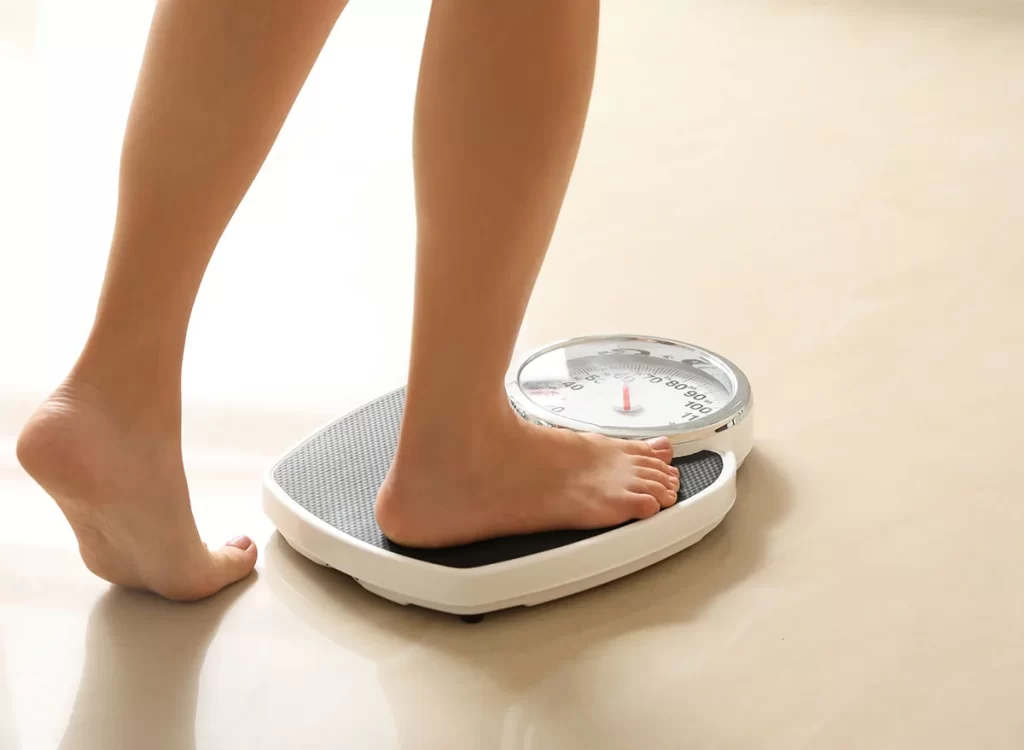
What you eat and how you eat are far more crucial following bariatric surgery. It may mean the difference between becoming healthy or suffering from malnutrition. It might help or impair the recovery following surgery on your digestive system and stomach. Following a full liquid diet after bariatric surgery requires you to keep in mind the following key points.
Hydration – Drink the recommended amount of approved liquids every day to:
- prevent dehydration
- prevent constipation
- help flush your system of waste
- help keep you from feeling hungry between meals.
Carry water with you everywhere and take small sips from it all day long (except 30 minutes before and after eating)
Protein – Your surgeon will provide you with your protein goal but it normally ranges between 60-90 grams per day. Since you will not be able to eat as much and is critical you meet your protein goal each day, always eat the protein portion of your meal first.
Supplements – To avoid complications such as malnutrition or anemia it is important to take the supplemental vitamins and minerals recommended by your surgeon. This may be a new ritual for you so you may wish to set reminders on your phone.
Eat Slowly – It can take up to 20 minutes before your brain notifies your stomach that you are full. Overeating can cause nausea, vomiting, or other undesirable side effects.
Define Mealtime – Even though it may seem silly when you are only having liquids to sit at the table and “have your meal”, it is important in building new healthy habits.
Pre-measure Meals – Your new smaller stomach pouch will only be able to tolerate about 2-4 ounces. These are liquid ounces and can be measured easily in those little medicine cups or you can use a sharpie to mark another clear glass for accuracy.
Liquid Temperature – Your digestive system may be sensitive to extreme temperatures so you may want to start by consuming warm liquids and avoiding very cold ones.
THINGS YOU NEED TO AVOID
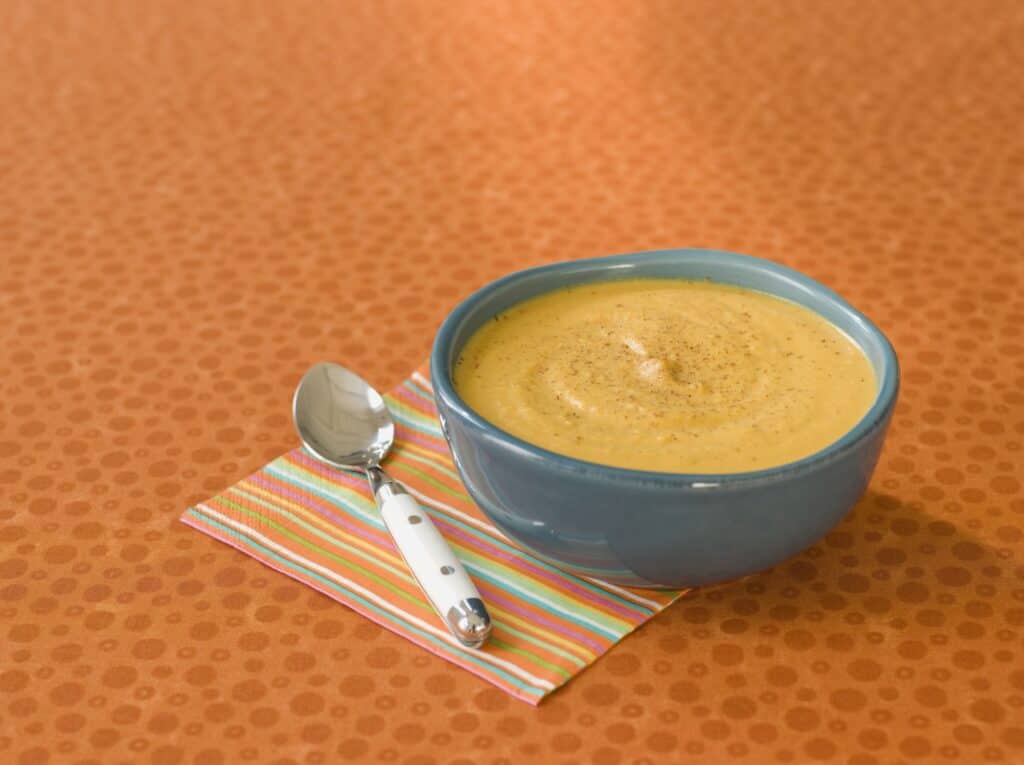
-
Some of the things you should avoid are listed below.
No dense liquids – If you can draw lines in the liquid and they stay separated for a few seconds, you will need to dilute it. Your digestive system is not ready for this food texture yet.
-
No carbonation – Liquids that are carbonated can irritate your stomach and digestive system and may do so from this point on. Some weight loss surgery patients can no longer tolerate carbonated beverages after their surgery -
No chunks – Everything you eat at this point needs to be silky smooth and free from anything chunky. Things such as yogurt that has fruit on the bottom need to be thoroughly blended or strained. -
No sugar – Liquids such as fruit juice, milkshakes or bottled sweet tea that is full of sugar will not only cause side effects like dumping syndrome but will sabotage your weight loss efforts. -
No straws – Some patients have issues using straws after undergoing bariatric surgery. Straws can introduce extra air into your stomach and cause discomfort. Also, it is often hard to control how much liquid is consumed when using a straw.
WHAT LIQUIDS CAN I DRINK ON A FULL-LIQUID DIET?
-
Liquids that are non-carbonated, caffeine-free, and contain no sugar are the beverages that count towards your hydration goal for the day. These liquids include:
Water
Sugar-free drinks
Decaf tea and coffee
Low sodium broth
Sugar-free Jell-O
Sugar-free popsicles
WHAT CAN YOU EAT ON A FULL-LIQUID DIET?
It’s not particularly glamorous to go from a clear liquid diet to a full liquid diet. Although it is a step closer to your rehabilitation and a healthy lifestyle. You are permitted to consume all of the clear liquid diets’ permitted foods while on the full liquid diet, and you can make your selections from the food groups and tables below. Many foods, fruits, and vegetables are still off limits since your stomach is still recovering and is unable to properly process them.
Foods from the list of protein-rich dairy products will make up a large portion of your liquid diet (see below). These are gentle on your stomach as it heals and is a good source of protein.
Following are some foods you can eat when you’re in the full-liquid stage:
- All liquids from the clear-liquid phase. Get half of your fluid intake from clear liquids.
Low-fat strained or puréed soups.
Cooked cereals that have been thinned and are a soupy consistency.
All juices (remember to dilute fruit juice 50/50 with water).
Skim or 1 percent milk; plain, low-fat soy milk; or buttermilk (or lactose-free milk if you’re lactose intolerant).
Sugar-free custards or puddings.
Sugar-free hot chocolate.
Protein shakes and powder with at least 10 grams of protein per 100 calories, fewer than 3 grams of fat per 100 calories, and fewer than 12 grams of carbohydrate per serving.
Light yogurt with no added sugar (no fruit on the bottom).
SAMPLE MENU DURING A FULL LIQUID DIET
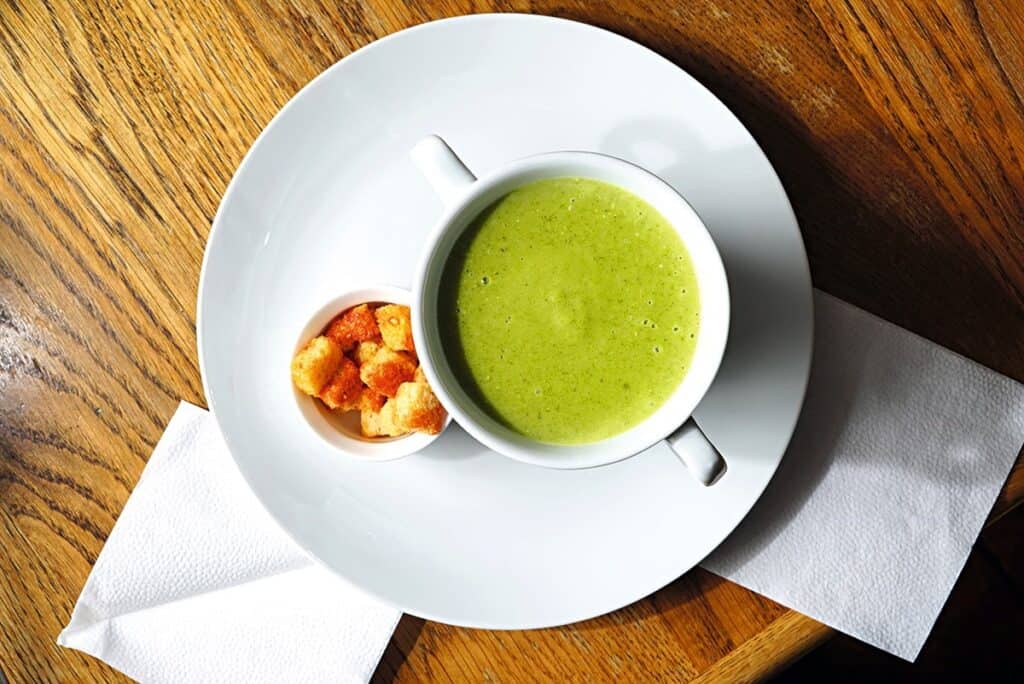
-
Whether you have had a gastric sleeve, gastric bypass, or another type of bariatric surgery, you will need to be on a full-liquid diet for a short time. Here is an example of what a menu might look like for a day during this time:
Breakfast – the cream of wheat 1/2 cup thinned with 1% milk with one added scoop of protein powder;
Snack – protein shake;
Lunch – low-fat cream of tomato soup made with 1% milk (can add unflavoured protein powder);
Snack – Greek yogurt light- 1/3 cup (thinned with milk/blended or strained – no chunks);
Dinner – protein shake or carnation breakfast essential-light start (w/unflavoured protein powder added);
Snack – sugar-free pudding – 1/3 cup made and thinned with 1% milk and flavorless protein powder).
read more: iu diet weight loss: 2 ways to loss weight
CONCLUSION
The clear liquid diet that is prescribed right away after weight loss surgery is merely a step up from the full liquid diet. Even though it doesn’t have the most fascinating options, you may get through this brief nutritional phase by using your imagination and creativity. Just keep in mind that your digestive system and nutritional system are recovering and adapting to the changes that have been made. This phase will pass as soon as your system picks up on the alterations and adapts.



